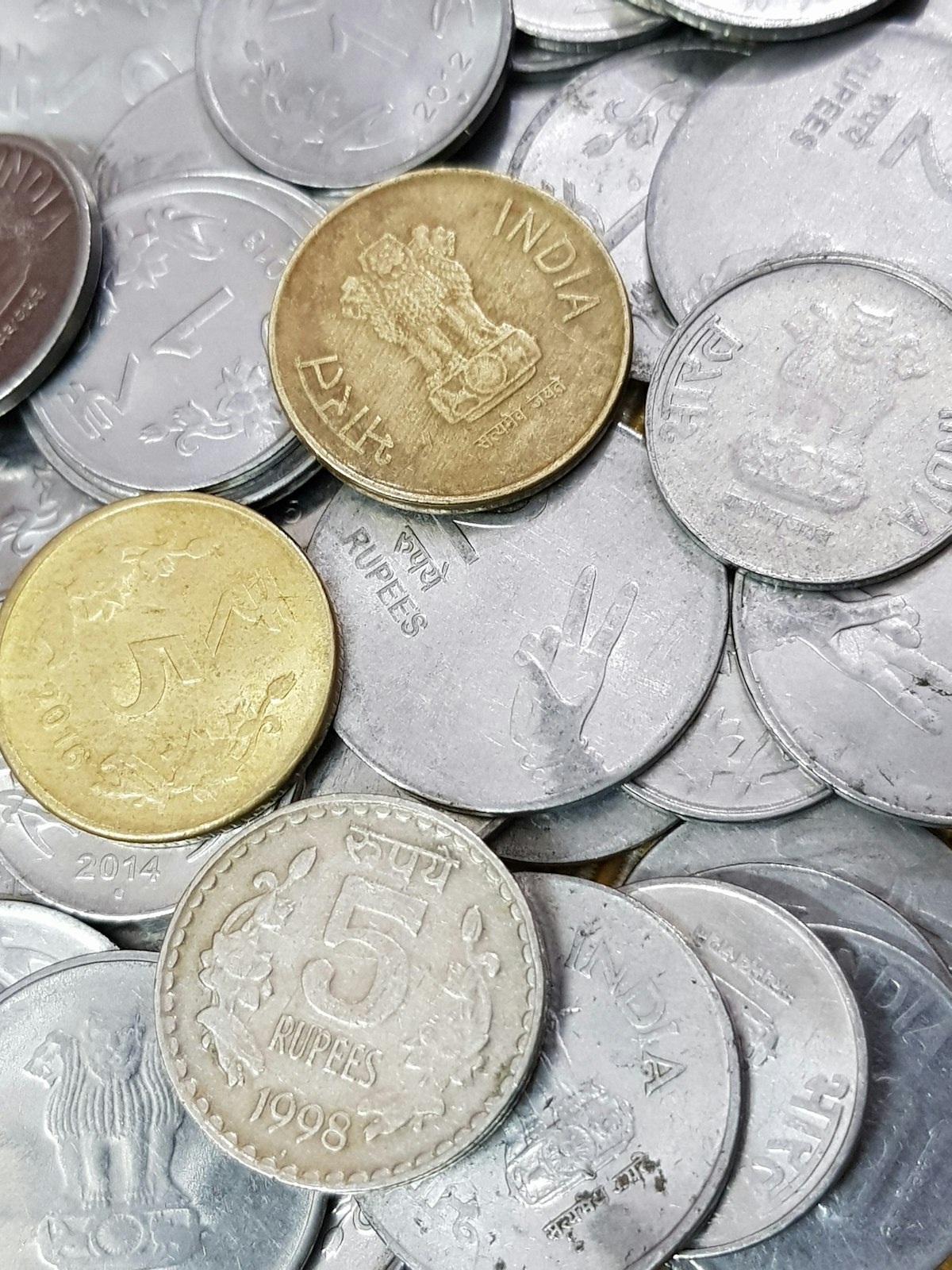How Long Should You Keep a Car
How Long Should You Keep a Car
Deciding how long to keep a car is a common dilemma. Factors like maintenance costs, insurance premiums, and the rate of depreciation are crucial. There are benefits and drawbacks to both holding onto a car for many years and trading up to a newer model regularly.

Maintenance Costs
As vehicles age, they need more care. Regular servicing, brake pads, and tire replacements are inevitable. Older cars may also need more substantial repairs. Issues like a new transmission or major engine work can be costly. Routine maintenance is essential to avoid unexpected breakdowns, but the cost can add up over time. Consider the value of your car against the cost of these repairs. It may not make financial sense to keep pouring money into a high-mileage vehicle.
Insurance Premiums
Insurance for older cars is generally cheaper. The reasoning is simple: older cars have lower market value and cost less to replace. However, if you’ve paid off your car and own it outright, you might decide to drop to liability coverage only, reducing premiums further. Conversely, newer cars can come with higher premiums due to their higher value and features. When combined with potential financing requirements for full coverage, the cost can increase significantly.
Depreciation
New cars lose value quickly. The first few years see the steepest decline. Driving a car off the lot can decrease its value by up to 20%. By the end of the first year, it might lose around 30%. Each subsequent year sees additional depreciation, but at a slower rate. Holding onto a car longer means you’re spreading out this loss over a more extended period. Over time, a well-maintained car will still lose value but at a much slower rate. Understanding this trend is vital when deciding how long to keep your car.
Technological Advancements
New cars come packed with modern technology. Advanced safety features, better fuel efficiency, and improved emissions standards can make new models very attractive. Older cars might lack features like backup cameras, advanced driver-assistance systems (ADAS), or modern infotainment systems. Upgrading to a newer vehicle means accessing these advancements, which can make driving safer and more convenient.
Environmental Impact
Older cars often produce more emissions than newer models. Emissions regulations have tightened over the years, compelling manufacturers to design cleaner engines. Keeping a car longer means potentially contributing to higher greenhouse gas emissions. Transitioning to a newer, more fuel-efficient car can reduce your carbon footprint. With the growing popularity of electric and hybrid vehicles, the environmental benefits are becoming increasingly significant.
Resale Value
Timing can affect your car’s resale value. Sell too early, and you lose out due to depreciation. Wait too long, and the car’s value drops as mileage accumulates. Keeping a vehicle well-maintained can help retain its value. Documentation of regular service, repairs, and upgrades can make a significant difference when selling. Prospective buyers value a car’s service history, which can command a higher price.
Personal Financial Situation
Evaluate your finances before deciding to keep or sell a car. New car payments can strain your budget. Opting to hang onto a well-maintained car with no payment can ease financial stress. Weigh the benefits of maintaining versus replacing. The idea is to keep the total cost of ownership (TCO) manageable. This includes purchase price, insurance, maintenance, and depreciation. Ensuring the numbers add up in your favor is crucial.
Emotional Attachment
Emotional factors play into decisions too. You might love your car for its reliability, memories, or unique features. These attributes might outweigh financial considerations. Yet, be honest about potential biases. Dispassionately assess the vehicle’s true value, costs, and benefits to make the most rational decision.
Market Conditions
Economic conditions and market trends can influence the decision. In times of economic downturn, holding onto your car might be prudent. Conversely, when interest rates are low, or incentives are high, upgrading could be more attractive. Keeping an eye on broader economic factors and auto industry trends can provide a clearer picture.
Personal Use and Needs
Your driving habits and needs may evolve. A car that was perfect for a daily commute might not suit a growing family. Needs change, and your vehicle should reflect that. A shift from urban to suburban living might require a different type of car. Consistently re-evaluate if your current vehicle meets your needs or if a change is warranted.
Cultural and Regional Factors
Regional differences can affect how long you might want to keep a car. In some areas, the availability of public transportation might reduce the need for a private vehicle. Urban environments may also be tougher on cars due to stop-and-go traffic, increasing wear and tear. Conversely, rural areas might extend the life of a vehicle due to more consistent driving conditions. Climate considerations, like road salt in snowy regions, can also impact long-term car maintenance.
Secondary Market Options
Beyond selling and keeping, consider secondary options. Some people opt to keep an older car as a secondary or backup vehicle. This can be useful for families or when your primary vehicle is in the shop. It also spreads out the wear and tear over multiple vehicles. Another strategy is to donate an older car to charity, which can provide tax benefits.
Technological Compatibility
Modern technology often demands up-to-date systems that older cars can’t accommodate. Whether it’s smartphone integration via Apple CarPlay or Android Auto, or new standards for diagnostic tools, older cars can fall behind. This lack of tech compatibility can make them less convenient or more expensive to modify.
Cost-Benefit Analysis
Regularly perform a cost-benefit analysis. Consider the annual costs associated with keeping your current car versus buying a new one. Calculate the maintenance, insurance, and depreciation costs for staying with the older car. Weigh these against potential savings from lower maintenance and fuel costs with a new model. This exercise helps clarify long-term costs and benefits.
Manufacturer’s Warranty
New cars come with warranties that cover many major repair costs for several years. Once the warranty expires, repair costs can rise. Extended warranties are an option but can be expensive. When deciding how long to keep your car, the expiry of the manufacturer’s warranty is a key factor.
Financing Terms
Loan terms can also influence your decision. If you’ve taken out a loan to buy a car, keeping the vehicle until the loan is paid off can be financially prudent. Post-payment, you’ll own the car outright, reducing your monthly expenses. On the other hand, long loan terms mean you’re making payments on a depreciating asset. Balancing these financial aspects is necessary before making a decision.
Ownership Satisfaction
Personal satisfaction matters. If the car continues to meet or exceed your expectations, keep it. Eventually, all cars require replacement, but high satisfaction can delay this decision. Observing satisfaction goes beyond driving enjoyment, encompassing reliability, comfort, and cost of ownership.
Impact of Recalls
Recalls can impact the longevity of a car. A recall might be stressful but can also signal necessary repairs. Understand the implications of major recalls on safety and performance. Often, manufacturers address these issues at no cost to you, which can be beneficial.
Historical Reliability
Research the reliability of your car model. Resources like consumer reports, online forums, and reliability studies offer insights. Some models are more dependable and remain in good condition for longer periods. Reliability can steer your decision about whether to keep or replace your car.
Economic Value
Consider the ‘sunk cost’ fallacy. Past expenditures should not determine your future decisions. Focus on the current condition and future needs. Sometimes, people keep pouring money into an old car because they’ve already invested so much. Be aware of this trap and consider the present value and utility of the vehicle.
Subscription Models and Leases
Subscription services and leases provide alternatives to ownership. These options typically include maintenance and insurance, simplifying budgeting. They also allow you to switch cars regularly. Consider these programs if you’re looking for lower commitment and higher flexibility in vehicle use.
Market for Used Cars
The used car market can influence the decision. High demand for used cars can mean better returns when selling an older vehicle. Conversely, a glut of used cars might make upgrading less financially appealing. Stay aware of market conditions to inform your decision.



